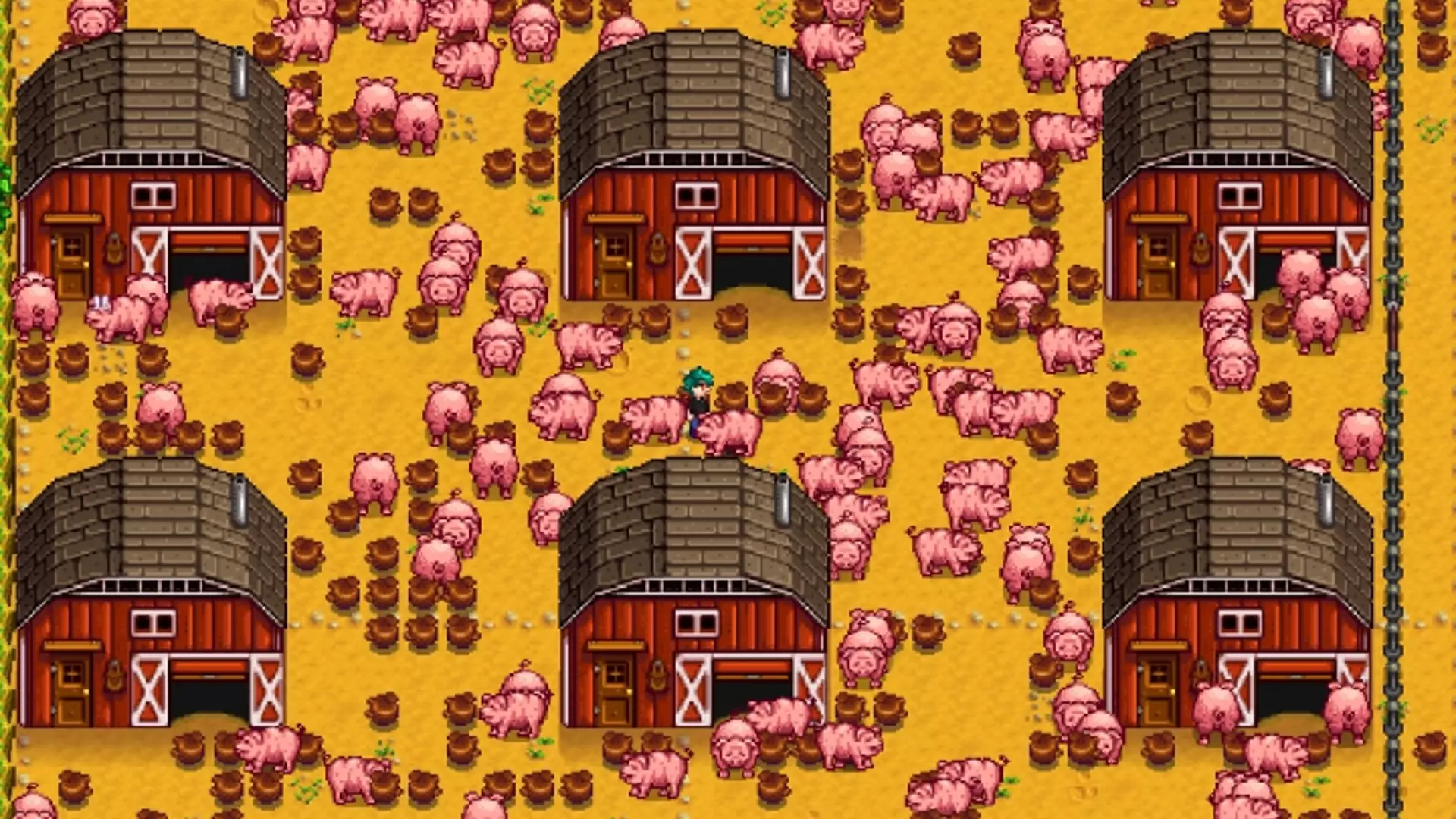In the vibrant world of Stardew Valley, players have the chance to build a life on their own terms. However, not all characters in this pixelated paradise are warmly embraced by the community or players. Among them stands Pierre, the local shopkeeper, often regarded as the villain without a cape. Creator Eric Barone, better known as ‘ConcernedApe,’ recently shared his thoughts on Pierre’s polarizing reputation, shedding light on an intriguing complexity that many players may overlook.
It’s easy to understand why players could see Pierre as insufferable; he represents the small-town business that struggles in the shadow of the monolithic Joja Mart, a mega-corporation looking to sink its roots into Pelican Town. The jokes about his character often hinge on his awkward remarks during his daughter Abigail’s storyline, revealing a father figure that is anything but perfect. While these moments may contribute to his unpopularity, they paint a fuller picture of a character that deserves a second glance.
The Burden of Business Ownership
Barone argues that just as players navigate the challenges of running a farm, Pierre faces his own trials as a small business owner. Contrary to the view that he’s merely a grumpy merchant, Barone portrays him as a hard-working father who juggles the responsibilities of family and community amidst the looming threat of corporate takeover. By maintaining a corner shop while jeopardizing his personal life for the sake of business, Pierre embodies the daily struggles many individuals face in the real world.
His decision to close shop on Wednesdays is often cited as one of his most egregious faults, yet it can also be interpreted as a reflection of the necessity for work-life balance. In a society driven by capitalism, equipped with an exhausting work ethic, such a choice can feel like a breath of fresh air. Perhaps this detail garners sympathy for Pierre, revealing an intention to prioritize his family over mere profitability.
Beyond Black and White: A Call for Nuance
Barone has expressed regret over the “black-and-white” nature of the game’s narrative, particularly concerning the foundations of community versus the corporate machine embodied by Joja Mart. The path players choose affects not only their farming journey but also the outcome of the entire town, turning the storyline into a metaphor for the modern-day struggle against corporate domination.
By placing Pierre at the heart of this conflict, Barone challenges players to consider the impact of their choices. If the community center’s restoration is elected over Joja Mart’s corporate ambitions, it reveals how deeply entwined Pierre is with the fabric of Pelican Town. The notion that every character—including those supposedly insufferable—plays a role in this wider story is a theme that invites contemplation.
Instead of dismissing Pierre as merely an unlikable character, players are encouraged to understand and empathize with his plight. With Barone’s advocacy for deeper character appreciation, Pierre transforms from a figure of annoyance to one of poignant complexity, challenging perceptions in a beautifully crafted universe that mirrors real-life dilemmas.

